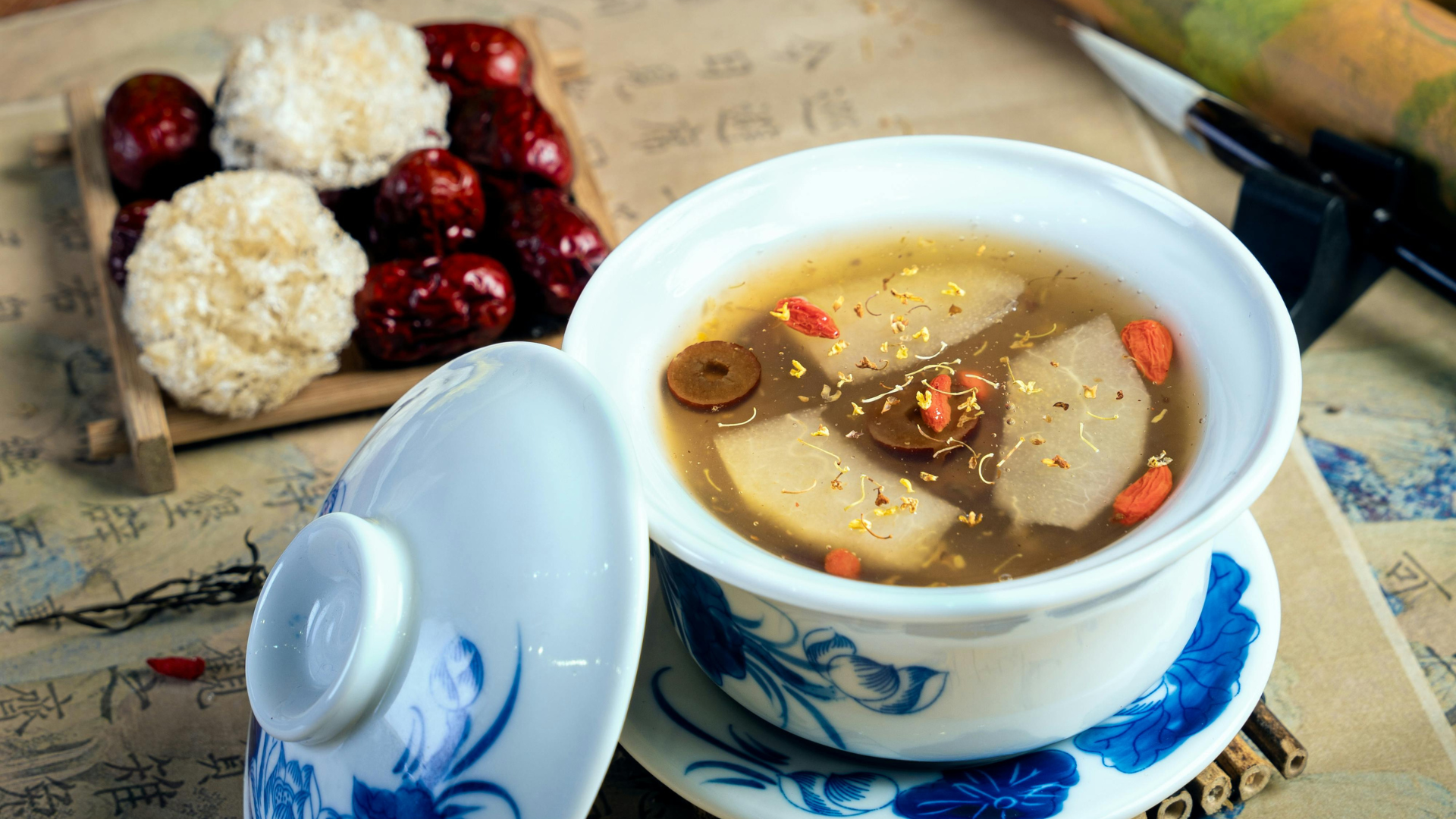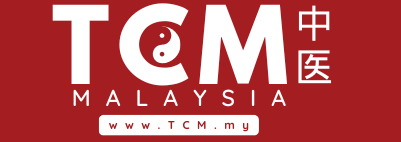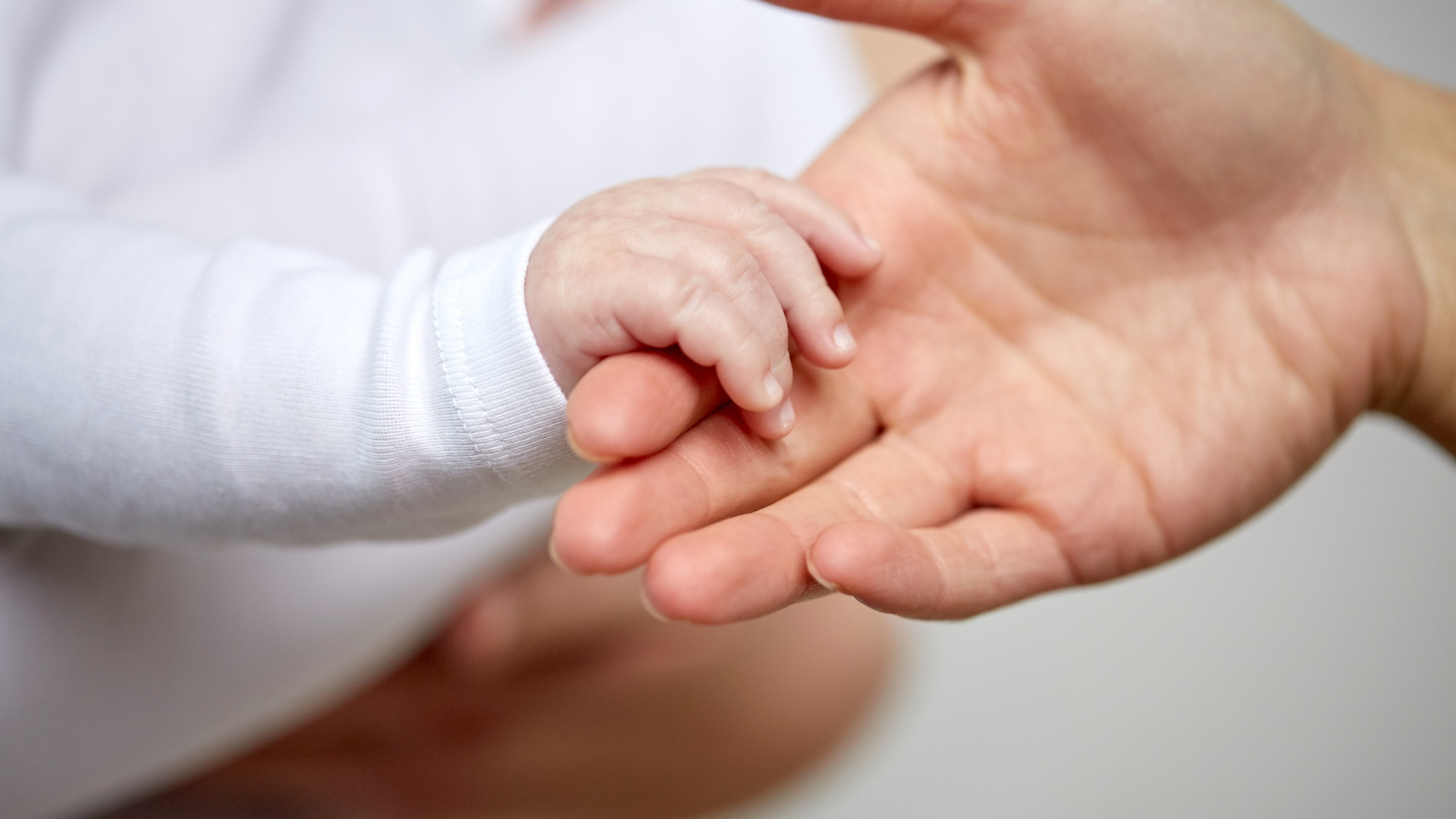If you’ve ever heard of zuò yuè zi (坐月子), or postpartum confinement, you might wonder—why do many Asian cultures still follow this age-old tradition? While modern medicine has its take on postnatal recovery, Traditional Chinese Medicine (TCM) has long emphasized the importance of confinement for a mother’s long-term well-being.
In this blog post, we’ll explore the history, key practices, and why confinement remains a vital part of women’s health in TCM.
The Origins of Confinement: A 2,000-Year-Old Tradition
The practice of zuò yuè zi, which literally means “sitting the month.” It’s a 30-to 40-day period after childbirth where new mothers follow specific practices to restore their health,dates back over 2,000 years. Ancient Chinese medical texts like The Emperor’s Classic of Medicine highlight the need for new mothers to rest, nourish their bodies, and avoid external elements that could weaken them.
Why? Because childbirth is seen as a major energy-draining event. In TCM, giving birth depletes Qi (vital energy) and blood, leaving a woman vulnerable to illness, wind (cold exposure), and long-term health issues. Confinement is designed to restore balance, strengthen the body, and prevent problems like joint pain, chronic fatigue, and even premature aging.

Why Confinement is Important in TCM
- Restores Qi and Blood
After childbirth, a woman loses a significant amount of blood, which in TCM weakens her overall Qi. This is why rest is a key part of confinement—too much movement or stress can hinder recovery.
- Protects Against “Wind” and Cold
TCM believes that postpartum women are particularly susceptible to wind and cold, which can enter the body through exposed skin or even the bones. This is why traditional practices emphasize staying warm, avoiding cold drinks, and wearing socks or long-sleeved clothing even in hot weather.
- Strengthens Long-Term Health
Skipping proper postpartum care may lead to issues like postpartum depression, low immunity, and conditions such as feng shi (风湿, wind-damp syndrome), which can cause joint pain and body aches. Many older women in Asia attribute health issues later in life to improper confinement during their younger years.
Key Confinement Practices in TCM
If you’re planning a traditional confinement, here are some key do’s and don’ts based on TCM wisdom:
✅ Do’s:
- Eat nourishing foods – Foods like ginger, sesame oil, and herbal soups help rebuild Qi and blood. Confinement meals often include ingredients like dong guai (当归, angelica root), red dates, and goji berries.
- Rest as much as possible – New mothers are encouraged to stay indoors and avoid physical strain for at least 30 to 40 days.
- Keep warm – Cover up, drink warm beverages, and avoid direct exposure to air conditioning or cold showers.
- Drink herbal tonics – TCM confinement herbal teas help with blood circulation, digestion, and milk production.
❌ Don’ts:
- Avoid cold or raw foods – These can slow digestion and weaken the body’s energy.
- No excessive movement – Overexertion can lead to Qi depletion and long-term fatigue.
- Minimize emotional stress – A peaceful, relaxed mind aids faster recovery.

Modern Confinement: Blending Tradition with Convenience
Today, many women still follow TCM confinement principles, but with modern adaptations. Some opt for professional confinement nannies, while others order pre-packed herbal confinement meals. Even in Western countries, Chinese mothers often practice a version of zuò yuè zi, recognizing the long-term health benefits.
For those who prefer a lighter approach, integrating warm nourishing foods, rest, and herbal tonics into your postpartum care routine can still be beneficial.
Final Thoughts
Confinement is more than just a tradition—it’s a time-honored practice rooted in TCM’s deep understanding of women’s health. Whether you follow a strict regimen or take a modernized approach, prioritizing postpartum recovery can have lasting benefits for your well-being.
Would you consider a TCM-style confinement after childbirth? Let us know in the comments! 😊

“The first 30 days after birth shape the next 30 years of health.”

